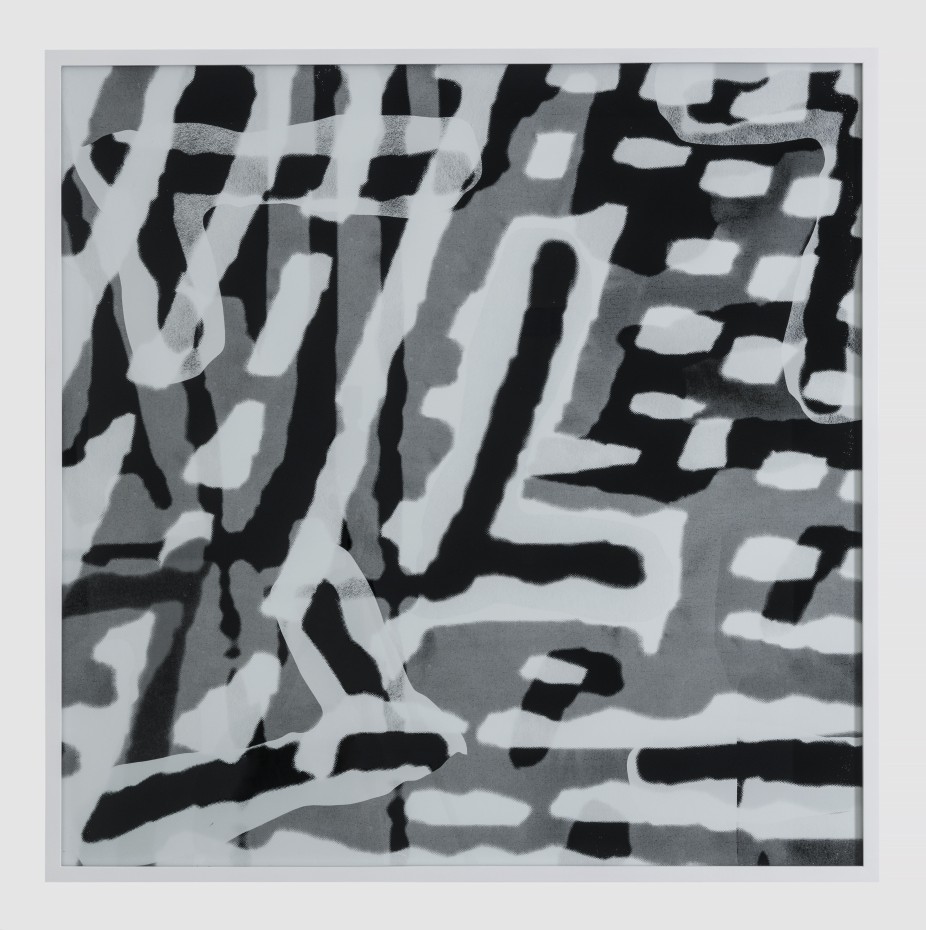MAIN SPACE & BAKERY
STEFFANI JEMISON
How do the things we touch, touch us back? How do those exchanges change us? How do objects become extensions of our bodies and our minds? How do the things around us shape our movements?
-Steffani Jemison, 2021
Annet Gelink Gallery is proud to present Toss, Steffani Jemison’s first solo show at the gallery.
Encompassing a variety of media including video, performance and sculpture, Jemison’s practice is rooted in research. Through time-based, photographic, and discursive platforms Jemison examines “progress” and its alternatives. Her work exists and functions in concomitance with limits and structures of narrative storytelling and linear time, and by keeping in mind the ontological, Jemison explores anew the inherited narratives that form our perception of the world.
Central to the show is the video work Toss (2021), which portrays the gymnast Alexis Page performing a series of actions common to rhythmic gymnastics and tumbling – a flip, a toss, a spin, a roll, a trap. Instead of utilizing the typical props, she uses found and everyday objects including a mallet, a tripod, a branch, and a canvas wig head. Several scenes feature a dizzying classical harp. The protagonist looks directly into the lens and reaches out as if the camera is being tossed. The narration weaves between describing the qualities necessaries for performing the choreography, interspersed with personal reflections and aims at translating the motion behind the physical machine of the body. Through the choreography of the gymnast, Jemison investigates movement outside premeditations and the complex and reciprocal interface between body and object.
The incessant movement of Tumbler (2021) changes its contents, allowing them to evolve into smoother and more-refined forms. Here, Jemison projects the ontological question on the object themselves: what is their function? Will their function persist once the form is changed?
In the Bakery, signs and drawings take shape into a series of works on glass. The glass series derives from the unsolved case of Ricky McCormick, a man found dead in a Missouri field in 1999 with encrypted notes in his pockets. McCormick was thought by his parents to be illiterate and his notes, as well as his murder, remain yet unsolved. Here, Jemison works with an enlarged section of McCormick’s notes and uses artificial intelligence algorithms sometimes reproducing different versions of the same image, which are layered in the final picture. Specifically, the prints refer to a section of the note that presents what appears to be the letters ‘L’ ‘A’ ‘N’ ‘D’.
Toss encapsulates Steffani Jemison’s modus operandi and practice: it exists and develops as a continuous choreography and a vocabulary that constantly needs to be reinvented. Movement evolves into a metaphor for life and about concepts of agility, growth, fluency, balance, and resilience.
From March 3 until March 5 2022, the new contemporary art fair Art Island will take place at Fortress Island in Ijmuiden. On this occasion, Annet Gelink Gallery will present Jemison’s video work Figure 8 (2021), which is also on view in the group show Closer at Kunstverein Düsseldorf until April 24, 2022. The video describes the movement of the camera, which moves around the body of the performer, as Pages muses aloud on continuity and fluency of gesture. Until April 2022, Steffani Jemison’s Similitude (2019) will be on show at the fifth edition of Greater than New York, a group show organized by MoMA New York.
Steffani Jemison (1981, Berkley, California, USA) lives and works in Brooklyn, New York. Jemison's work has been exhibited nationally and internationally. Solo exhibitions and performance commissions include the Stedelijk Museum, MASS MoCA, Jeu de Paume, CAPC Bordeaux, the Museum of Modern Art, Nottingham Contemporary, LAXART, and the RISD Museum. Collaborative and group presentations include the Whitney Biennial 2019, MCA Chicago, CAC Geneva, ICA Philadelphia, Brooklyn Museum, Studio Museum in Harlem, New Museum, and others. Her work is in the public collections of the Whitney Museum, the Museum of Modern Art, the Brooklyn Museum, the Studio Museum in Harlem, and the Kadist Foundation.

